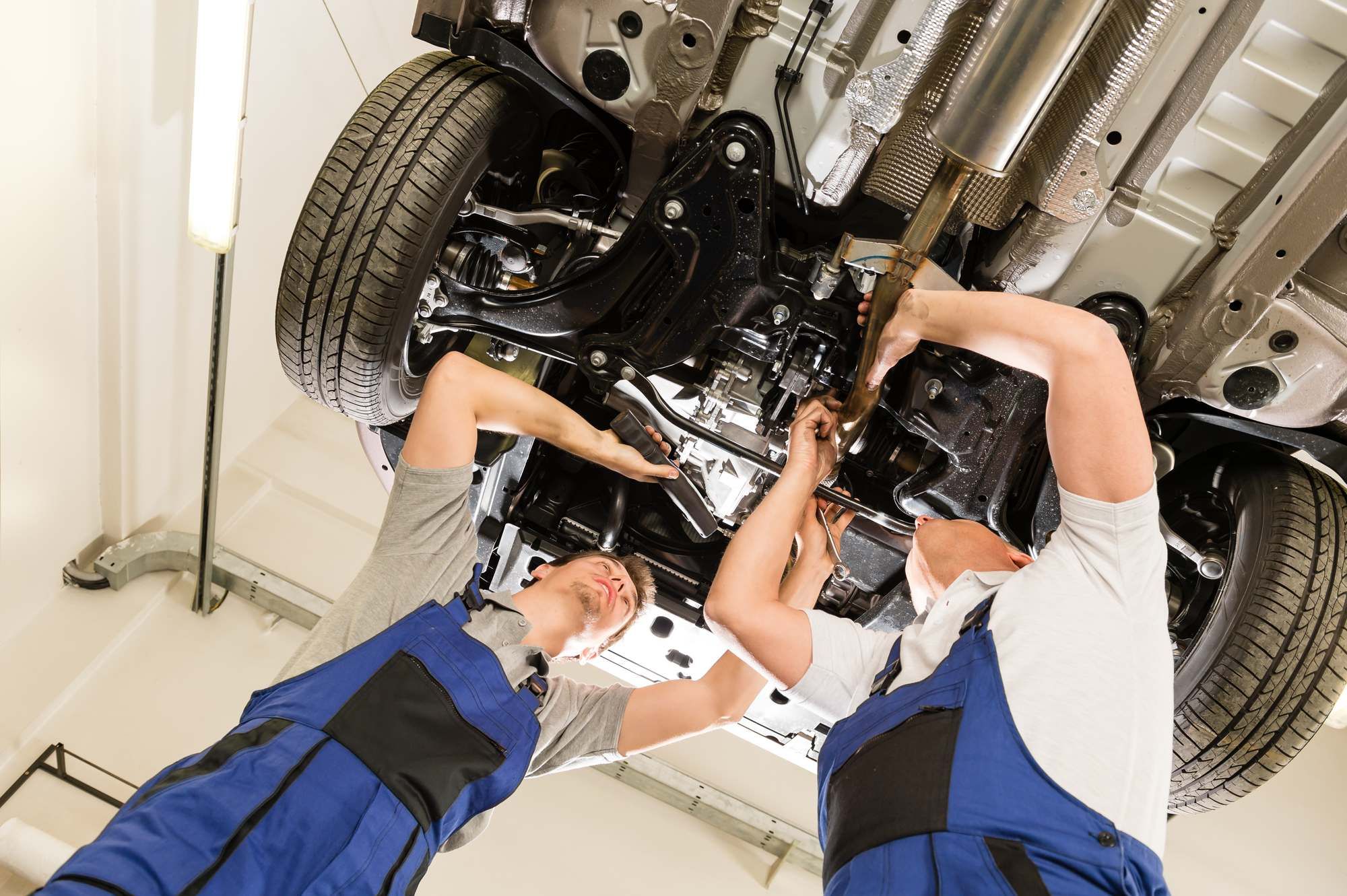Top Class Actions’s website and social media posts use affiliate links. If you make a purchase using such links, we may receive a commission, but it will not result in any additional charges to you. Please review our Affiliate Link Disclosure for more information.
Car problems can be the worst—especially if they seem to just to keep happening, no matter how many times you bring them in to get fixed. Fortunately, there is a type of law in place that will help you out in this scenario known as a “lemon law”.
If your car is determined to be a lemon under Georgia’s Lemon Car Law, you may be able to get a replacement car or be reimbursed for the vehicle by the manufacturer.
What is Lemon Law?
Lemon laws are state laws, and therefore vary from state to state. While the criteria for lemon laws are not all exactly identical, the gist is the same: auto manufacturers are required to repurchase a new vehicle if it has a serious defect and the manufacturer can’t repair it within a given period of time.
Georgia lemon Law aims to protect consumers and provide self-help assistance in the event of vehicle defects, according to the State of Georgia Consumer Protection Division.
What are the Specifics of Georgia Lemon Law?
Georgia lemon law is administered by the Georgia Department of Law’s Consumer Protection Division and applies to newly purchased vehicles and new leased vehicles. Demonstrator vehicles and motor homes are covered by the law under certain situations.
The Office of Consumer Affairs notes that used vehicles are not covered by the Georgia lemon law under any circumstances – regardless of if the car was leased or purchased. The law interprets “used” to mean any vehicle which was titled to any person other than the selling dealer before being titled to the consumers. The title or transfer documents of a used vehicle will typically indicate this.
A variety of other vehicles are not covered under the state lemon law, including:
- Motorcycles
- Mopeds
- Trucks with a gross vehicle weight of 10,000 pounds or more
- All-terrain vehicles (ATVs)
- Boats
- Trailers, campers, and other vehicles which aren’t self-propelled
The process for navigating Georgia lemon law is clearly laid out on the Consumer Protection Division’s website.
Under Georgia lemon law, if there’s a recurring problem with your vehicle and the manufacturer has been unable to successfully fix it after several attempts, you may be able to apply for a state arbitration hearing.
At that point, an arbitration panel would hear your complaint and decide whether or not you will be granted a replacement vehicle or refund from the manufacturer.
Unlike other lemon laws, the Georgia lemon law doesn’t have a hard number of repair attempts required. Instead, the law says that a reasonable number of repair attempts will depend on the type of defect and the number of days a defective vehicle is out of service due to repairs.
The primary goal of any state lemon law is to help consumers by encouraging manufacturers to fix defects—if they are unable to do so after a reasonable number of attempts, the vehicle is considered a “lemon” and the manufacturer will be required by law to either replace or repurchase the vehicle. Secondarily, lemon laws are a helpful method of alerting manufacturers to potential defects or quality issues with their vehicles.
Under Georgia lemon law, only new vehicles are covered, but some states’ lemon laws may cover used vehicles as well. The method of filing a lemon law claim varies per state as well.
Georgia lemon law has a rights period lasting for the two years after the date you bought the vehicle, or after the first 24,000 miles of your use, whichever comes first. You must also file for arbitration within one year of the expiration of the lemon law rights period.
What Factors into Lemon Law Eligibility?

- Number of miles driven
- Major defects
- Reasonable repair attempts
- Number of days in the shop
Do I Need An Attorney?
Official Georgia lemon law documentation says that an attorney is not required to seek relief under the law. However, the documentation does note that consumers are recommended to consult an attorney if their arbitration claim requires an appeal.
If you live in Georgia and believe you have a vehicle still under warranty which the dealer has made several attempts to fix to no avail, you may have legal recourse under Georgia lemon law. Though you don’t need to have an attorney, consulting an attorney experienced with lemon laws can help you. An experienced legal professional can assist you with gathering documentation, completing forms, and otherwise ensure you meet the requirements of the lemon law.
Other states have lemon laws too, from Ohio to California, to protect consumers from defective auto purchases. If you are in a similar situation in a different state, you may also be able to pursue compensation under your state’s lemon law.
Join a Free Lemon Law Defective Vehicle Investigation
If you have a defective vehicle that is under warranty and is still not fixed after multiple attempts, you may qualify for help under your state’s Lemon Law.
(Note: Residents of North Carolina do not qualify for this investigation.)
Learn more by filling out the form on this page for a free case evaluation by experienced Lemon Law attorneys or call (877) 289-0615.
ATTORNEY ADVERTISING
Top Class Actions is a Proud Member of the American Bar Association
LEGAL INFORMATION IS NOT LEGAL ADVICE
Top Class Actions Legal Statement
©2008 – 2024 Top Class Actions® LLC
Various Trademarks held by their respective owners
This website is not intended for viewing or usage by European Union citizens.
Get Help – It’s Free
Join a Free Lemon Law Defective Vehicle Investigation
If you qualify, an attorney will contact you to discuss the details of your potential case at no charge to you.
PLEASE NOTE: If you want to participate in this investigation, it is imperative that you reply to the law firm if they call or email you. Failing to do so may result in you not getting signed up as a client or getting you dropped as a client.
Oops! We could not locate your form.













